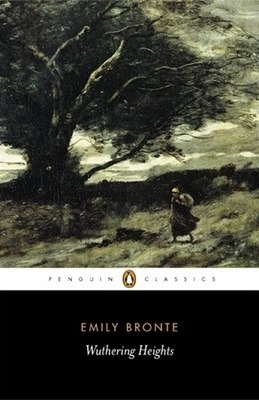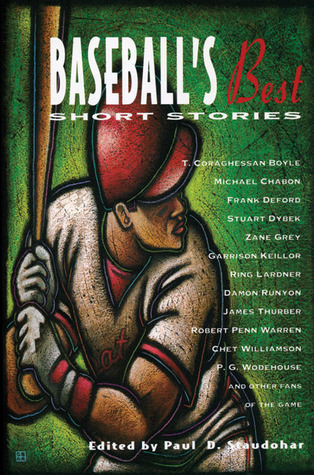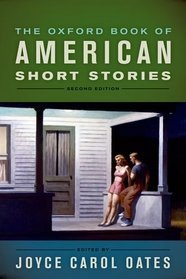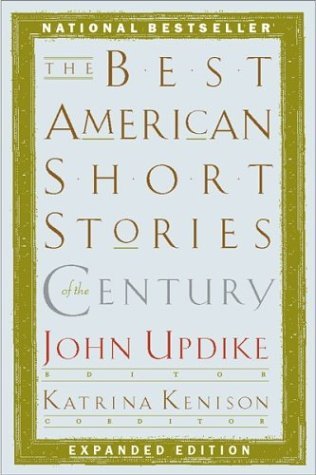4♥ 4♥ 4♥ 4♥ 4♥ 4♥ 4♥ 4♥
In her short story “Dr. Livingston’s Grotto”, Normandi Ellis elevates the natural world to the supernatural with only a little bit of whimsy – nothing magical. And this is no small feat.
Dr. Livingston wanders through his yard and falls through a hole in the ground into what he presumes to be an unknown section of the Kentucky Mammoth Caves. The hole in the roof of the cave is too far for him to climb back out – so he is stuck until someone finds him. He takes in his surroundings as best he can in the darkness becoming more intrigued than frightened.

When his wife finally finds him and makes plans to rescue him with a rope, much to her surprise, Dr. Livingston requests that she bring him his saxophone and lower it into the cave. He then takes the rope and instrument to an underground stream with fish and newts that don’t have eyes. There, he plays his saxophone as the cave provides him with the inspiration he needs to make up his own songs:
He blew into it slowly. It was a sweet cry – a baleful, beautiful, resonant sound. He sat quietly a moment, listening to its echo. Music flowed through his veins like dark water, etching out secret caverns, filling him with wonder.
The contrast Ellis makes between the eyeless cave-life and the sound of the saxophone paints this world with strange strokes- a world where asking for a saxophone instead of a rescue makes sense.
According to the introduction to this story in the collection Home and Beyond: An Anthology of Kentucky Short Stories edited by Morris Allen Grubbs, Normandi Ellis grew up in Franfort, Kentucky and studied journalism at the University of Kentucky. After traveling the world extensively, she made her way back to Kentucky to live on a farm and write. Much of her writing involves the customs, practices and deities of Ancient Egypt.
I read this story as a result of selecting the Four of Hearts for Week 9 of my Deal Me In 2016 short story project. My Deal Me In 2016 list can be found here. Deal Me In is sponsored by Jay at Bibliophilopolis.








